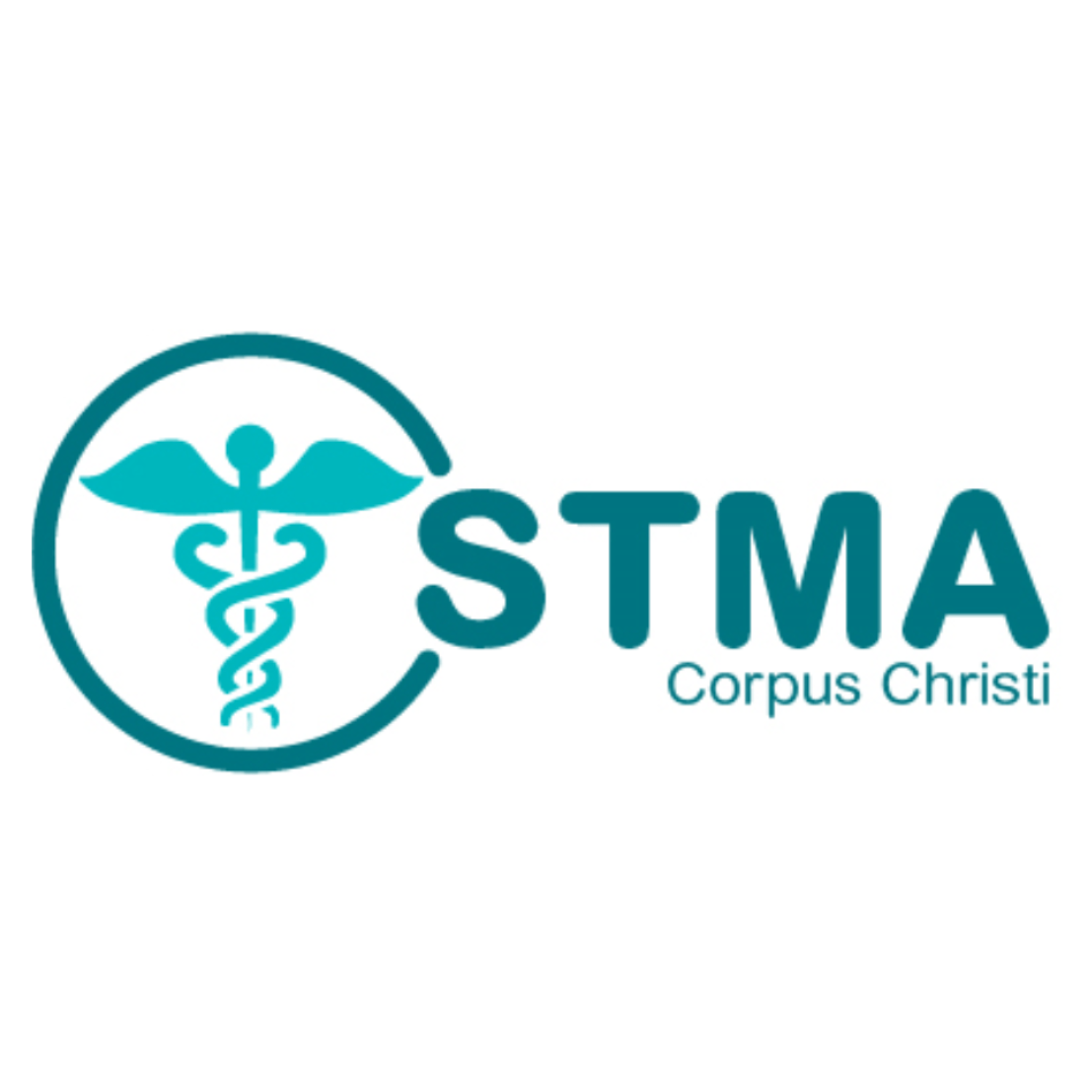Having a primary care physician (PCP) is important to maintain your overall health and receive constant, personalized care. However, many people find themselves without a dedicated PCP, whether due to recent relocation, insurance changes, or other circumstances. This can lead to confusion and stress, especially when health issues arise, and you’re unsure where to turn.
If you find yourself in this situation, you’re not alone, and there are several options available to ensure you get the medical assistance you need. You can use this guide to get clear and practical steps on who to call and where to go when you don’t have a primary care physician to turn to.
Immediate Concerns
Emergency Situations
In case of an emergency, always call 911 immediately. Certain symptoms require urgent attention, such as chest pain, difficulty breathing, severe bleeding, or signs of stroke (e.g., sudden numbness or weakness, especially on one side of the body). Emergency services are trained to provide life-saving care and transport you quickly to the appropriate medical facility. It’s always better to err on the side of caution when it comes to health emergencies.
Urgent Care Needs
For medical conditions that are pressing but not life-threatening, visiting an urgent care center is a smart choice. Urgent care facilities can handle minor injuries, infections, sprains, or mild asthma attacks. These centers typically offer extended hours, including evenings and weekends, providing a convenient alternative to the emergency room. Their medical professionals can also handle basic diagnostic tests and minor procedures, ensuring you get timely treatment.
Non-Emergency Medical Issues
Local Clinics and Community Health Centers
For non-emergency situations, local clinics and community health centers are valuable resources. These facilities provide services, including vaccinations, routine checkups, and screenings. Community health centers often offer sliding scale fees based on income, which is beneficial to those without insurance.
Telehealth Services
Telehealth services are becoming a popular option for non-urgent medical consultations. Telehealth lets you connect with medical providers via video calls from the comfort of your home. This is useful for virtual visits about minor ailments, medication inquiries, or follow-up appointments. Most telehealth platforms offer 24/7 access, making it a flexible solution for those without a PCP. Chronic conditions such as colds, minor skin issues, or general health advice can often be addressed through telehealth.
Prescription and Medication Inquiries
Pharmacists
Your local pharmacist is a readily available resource for medication-related questions and minor health advice. Pharmacists can assist with understanding your prescriptions and potential side effects and manage over-the-counter medication recommendations. They can also offer guidance on whether your symptoms might require a visit to a healthcare provider. Using a pharmacist’s expertise can be an immediate, cost-effective solution when you have medication concerns.
Walk-In Clinics
Walk-in clinics are another great resource for those without a primary care physician. These clinics do not need appointments and can assist with prescription refills, minor consultations, and general health care needs. Walk-in clinics are generally staffed by nurse practitioners or physician assistants and can handle minor illnesses and injuries, vaccinations, and routine exams.
Mental Health Support
Hotlines and Crisis Intervention
Mental health is just as important as physical health. If you are experiencing a mental health crisis, hotlines and crisis intervention services can provide immediate support. National and local mental health hotlines are available 24/7 to offer confidential assistance and connect you with the right resources. These helplines assist during moments of distress and stabilize the situation until professional care is available.
Counseling Services
Access to affordable mental health care is important nowadays. Many communities offer free or low-cost counseling services and support groups. Depending on your area, various organizations can provide mental health resources, including individual counseling and group therapies. These services can help you through emotional challenges and provide support in maintaining mental well-being.
Let STMA Be Your Primary Care Physician
Living without a primary care physician is never ideal, but there are numerous resources available to receive appropriate care. From emergency services to urgent care, local clinics, telehealth, pharmacists, and mental health support, knowing who to call and where to go can alleviate stress and aid in timely medical intervention.
That’s where STMA Corpus Christi steps in and takes care of your healthcare needs. We have expert primary health care providers who can provide quality medical care to anyone who needs them. Whether you need routine checkups, vaccinations, or screenings for various health conditions, our family doctors can provide them. Contact us now if you need to talk to our primary care doctors.





